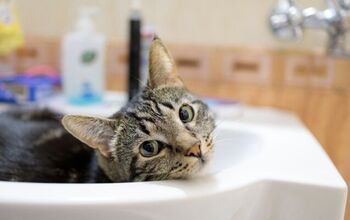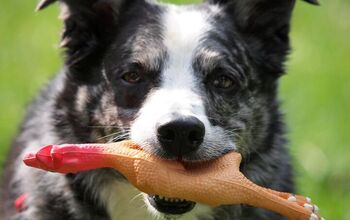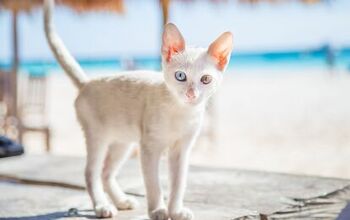Pet Obesity Study Shows Promise and Surprising Links With Humans

If you thought that your chubby doggo is incredibly cute, you might want to consider what’s hiding behind that adorable exterior. Pet obesity is a real thing, and it is a major health hazard that many dogs experience in their lifetime. And, sadly, a lot of it is connected to improper care and diet. To show us just how big of a problem it has become, the latest study from the Association for Pet Obesity Prevention revealed that in the U.S. alone, around 59% of dogs and 61% of cats were overweight or obese!
However, recently conducted research shows that there might be a way to battle the obesity pandemic – with certain strains of probiotics that can help curb pet obesity, especially when dogs are in question.
A research team from Seoul National University's Department of Agricultural Biotechnology, College of Agriculture and Life Science, conducted a study investigating the effects of probiotics on canine obesity. They discovered two strains that appeared to have weight-reducing properties in obese dogs. To assess the probiotic potential of these strains, the researchers employed a lifespan analysis using Caenorhabditis elegans, a genetic model known for its simplicity in genetic manipulation and shorter lifespan compared to other animal models. Their findings were detailed in a paper published in the Microbiology Spectrum journal.
Thanks to the positive outcome of this research, a new hope was discovered for doggos struggling with excess weight. The use of Caenorhabditis Elegans offers “interventions aimed at enhancing metabolic health in various mammals”, according to the research team. What is more, the effects could be applied to cats, humans, and other mammals, since C. Elegans “serves as a human homolog model”.
In general, this whole study could prove to be beneficial to several animal species, as well as humans, making its significance multifold. However, the exact way that bacteria affects weight is not entirely understood. Even though some studies show that certain strains will slow weight gain, researchers were still unable to find a connection between bacteria and weight.
Nevertheless, the study is proving to be a major leap forward when pet obesity is considered. There is plenty of potential in this study, and further efforts could change the way dog obesity is experienced – or possibly even root it out for good!

A proud mama to seven dogs and ten cats, Angela spends her days writing for her fellow pet parents and pampering her furballs, all of whom are rescues. When she's not gushing over her adorable cats or playing with her dogs, she can be found curled up with a good fantasy book.
More by Angela Vuckovic























